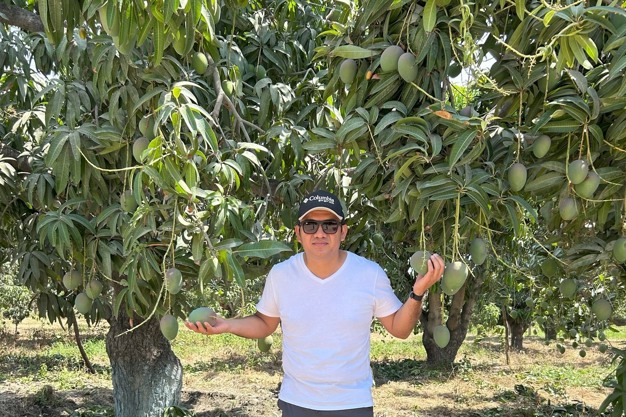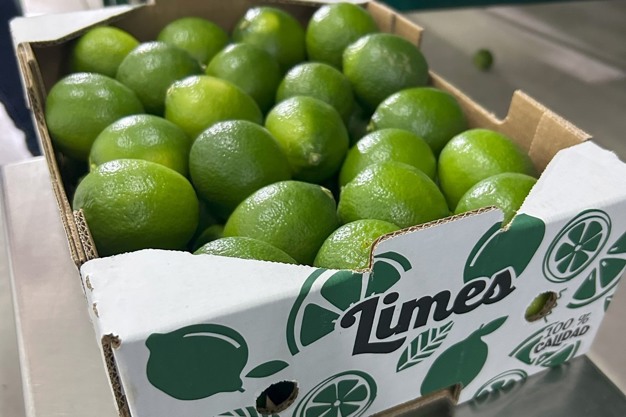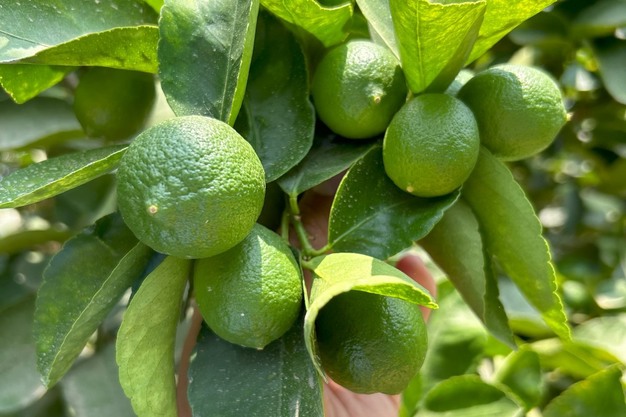"There is currently great dynamism in the global fresh fruit market thanks to the consumer demand in the United States and Europe for a wide range of high quality products all year round. Latin American exporters of mangoes, Tahiti limes and avocados are striving to meet these demands, but face difficult challenges, from adverse weather conditions in growing areas to phytosanitary issues affecting product quality," says Aldo Galvez, CEO of Olam International LLC.

Since its beginnings fourteen years ago in Peru, the company has never stopped evolving, expanding both its product portfolio and its operations in the United States and Europe. "We decided to open an office in Florida to improve our relationship with our American customers, seeking to guarantee trust and quality control," says Gálvez, highlighting the importance of being directly present in different markets with mango, Tahiti lime and avocado exports.
According to Gálvez, "in the U.S. market, the price of medium to large caliber mangoes ranges between 5 and 7 dollars, while small calibers are sold for approximately 4 dollars, barely covering the production costs. In the case of Tahiti lime, prices per 18-kilo box range from $10 to $23, depending on size. In Europe, large Tahiti limes are sold for a maximum of 7 euros, while small sizes yield between 4 and 6 euros per 4.5 kilo box. Currently, around 60% of Olam International's exports are intended for the United States, with the remaining 40% goes to Europe, where the demand for high quality fruit continues to grow."
Olam International exports large volumes of fruit. Peru is the main source of the mangoes, Tahiti limes and avocados, as well as the blueberries and grapes. The company also imports avocados and Tahiti limes from Colombia. Mexico supplies mangoes and lemons, and from Brazil the company delivers lemons and ginger. These fruits are mainly shipped to the United States and Europe. Avocados and Tahiti limes go to both the U.S. and European markets, while Brazilian products, due to protocol restrictions, are intended exclusively for Europe.

Managing to cope with market quality demands and adverse weather conditions has been crucial for the company's development. The drought in northern Peru has taken a toll on the size and quality of products such as mangoes and lemons and affected their competitiveness. Gálvez says: "The lack of water limits the production of large fruits, preferred in the United States and Europe. We are drawing up a contingency plan to try mitigating the possible losses." This includes a diversification of the supply, extending into Colombia and Brazil to ensure the supply of quality fruit for their markets.

Thrips and climate change have been two of the main threats to the quality of Peruvian mangoes this season, and have notably affected the appearance and development of the fruit. "Producers have found it difficult to invest in proper crop management due to previous economic losses (El Niño), which has intensified vulnerability to this pest. The thrips problem and climatic changes have caused fruit and flower drop," says Gálvez, which directly harms the yield and final quality of mangoes, limiting their competitiveness in markets such as the United States and Europe.
Olam International also seeks to ensure sustainability and profitability for its local producers. Gálvez says that their goal is to "guarantee that the producers receive a fair price that covers their costs, thus avoiding financial losses." This strategy is not only boosting the financial stability of growers, but also the quality of exported products, improving their competitiveness in the international markets.
For more information:Aldo Gálvez
Olam International LLC
Tel.: +1 786 480 4490
[email protected]
www.olamfoods.us










